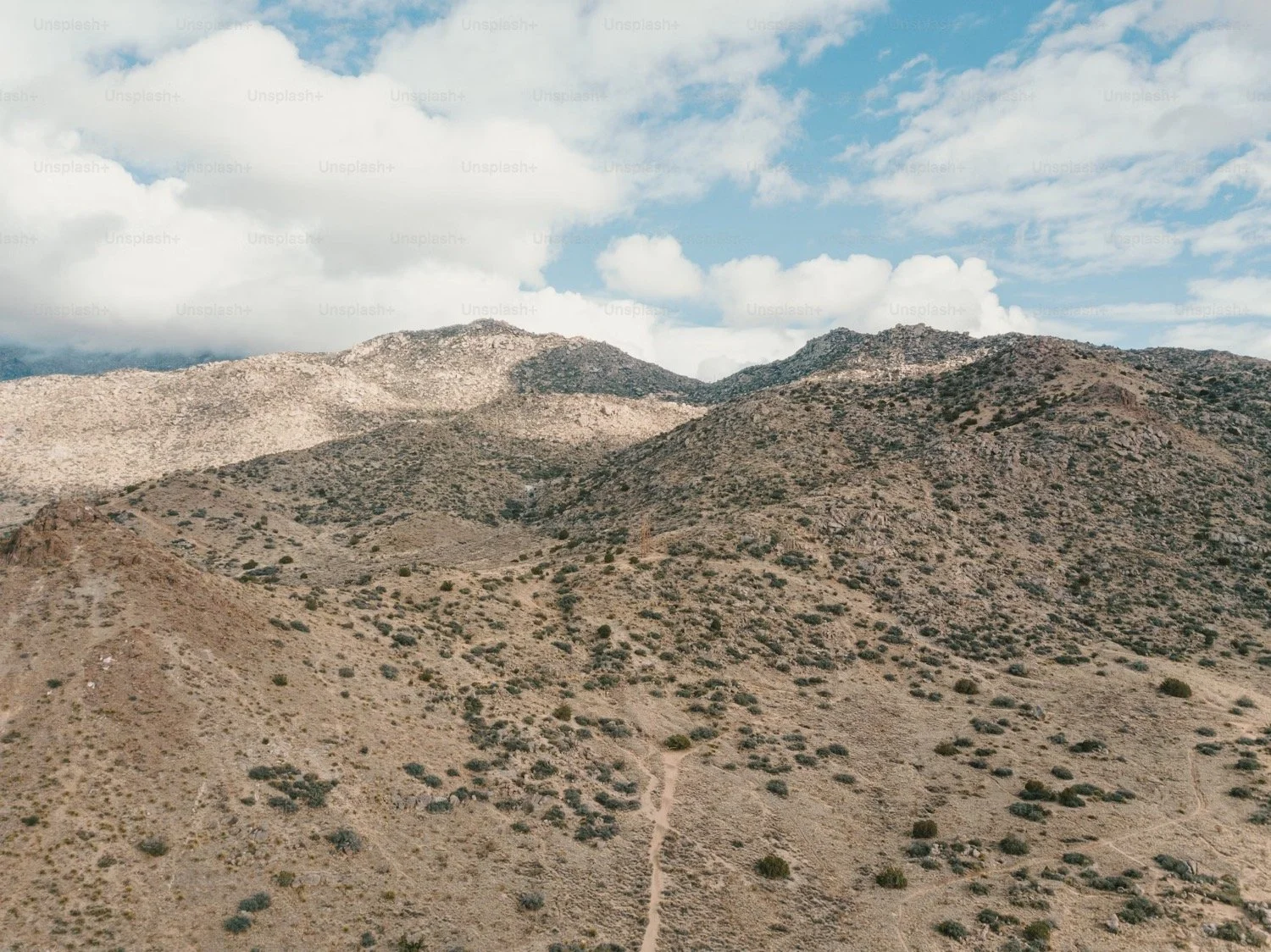Readings for today: Deuteronomy 16-19
The pursuit of happiness. It’s one of the “inalienable” rights granted to us by our Creator according to the Declaration of Independence. It’s one of the key values in our society. Everyone is looking for happiness. They look for it in a bottle, a bong, or an edible. They look for it in the gym, the salon, or the store. They look for it in travel, adventure, and challenge. They look for it from their doctor or therapist. Not all of these are bad, of course, but all of them do share a common thread. We think we can find true happiness by focusing on ourselves. Nothing could be further from the truth.
I love how the Book of Deuteronomy describes the annual sacred feasts of Israel. Yes, there is a lot of ceremony. A lot of sacrifice. A lot to remember. And it’s easy to get stuck in the weeds and miss the point of it all. “Rejoice before the Lord your God in the place where he chooses to have his name dwell you, your son and daughter, your male and female slave, the Levite within your city gates, as well as the resident alien, the fatherless, and the widow among you…Rejoice during your festival you, your son and daughter, your male and female slave, as well as the Levite, the resident alien, the fatherless, and the widow within your city gates.” (Deuteronomy 16:11, 14 CSB) These feasts were celebrations. They were filled with joy. And not just for the people of Israel but for everyone who lived in the Promised Land. They were intended to be huge parties where the name of the Lord was lifted up and all God had done for them proclaimed to every generation. I can only imagine being a “resident alien” and living in Israel at the time. Imagine seeing the people of God worship the Lord with all their heart, soul, mind, and strength. Imagine the expressions of joy as people danced and sang and feasted. It must have been so compelling.
And what made such feasting possible for everyone? Generosity. Every person giving generously from the heart. Every person offering back to the Lord from the bounty He had provided in the previous year. “You are to celebrate the Festival of Weeks to the Lord your God with a freewill offering that you give in proportion to how the Lord your God has blessed you. Everyone must appear with a gift suited to his means, according to the blessing the Lord your God has given you.” (Deuteronomy 16:10, 17 CSB) This was not a tithe. This was not a law. The people didn’t give out of a sense of obligation or guilt or shame. They gave a “freewill” offering. They gave from the heart. They gave in proportion to all God had given them. They gave to bless others. To bless the community. To bless everyone who lived within their midst, from the poorest of the poor to the richest of the rich. All were included. None were left out. Can you imagine it?
What could this look like today? As Christians, we don’t keep the Old Testament feasts. All the ceremonial laws governing worship were fulfilled in Jesus Christ. But that doesn’t mean the party ends! On the contrary, because of what Christ has done for us, every day is an opportunity to rejoice! Every week when we gather with God’s people, we have the opportunity to celebrate and share our joy with others! And when we give generously of our time and talent and treasure, everyone gets to share in the blessing. Everyone gets to celebrate what God has done. No one is left out. This is the life God has called us to as His church. A life of abundance and blessing and generosity and joy!
Readings for tomorrow: Deuteronomy 20-23




